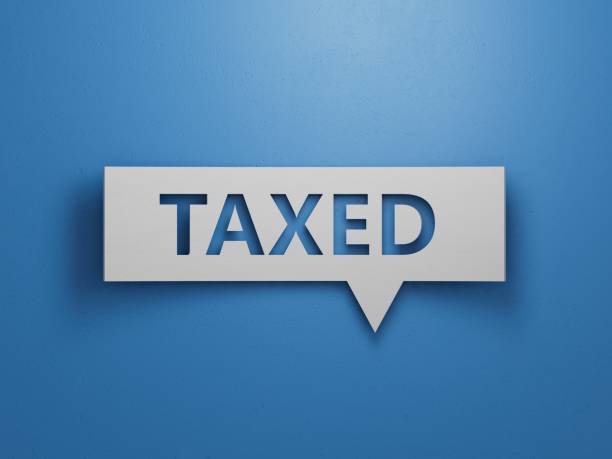This Opinion/Editorial was featured in The Tri-Cities Area Journal of Business on July 18, 2014.
A recent U.S. Supreme Court ruling on a case from Illinois could have a major affect in Washington state. In its June 30th ruling in Harris v. Quinn the Court did not rule on whether regular government workers must join a union, as some had expected, but the decision does call into question the forced unionization of some Washington residents.
The Court’s ruling says that states cannot force “[non] full-fledged state employees,” such as those that care for family members, to unionize or force them to pay union dues or fees as a condition of receiving help from the state. At a minimum, the ruling likely applies to home care workers, family childcare providers and language access providers (it may also impact others).
The reason these three groups may be affected by the Harris v. Quinn ruling is that state law calls them public employees only for “the purposes of collective bargaining.” They are not regular, full-time state employees. In fact, the website for our state’s Office of Financial Management (OFM) Labor Relations division explicitly states that that these individuals are “not state employees.”
OFM explains, “Adult family home providers, child care providers, home care individual providers and language access providers are not state employees. They are only considered state employees for the purposes of collective bargaining. Individuals covered under the non-state employee agreements are business owners, independent contractors, or employees of the consumer of services.”
This distinction means the U.S. Supreme Court would likely consider them “quasi-public employees” and thus not subject to the Court’s 1977 Abood decision. That case said public sector unions can take mandatory fees from workers as a condition of employment. If the Court now says home care workers in Illinois can’t be forced to give money to a union, then home care workers in Washington can’t either.
As for the broader issue of whether Abood should be overturned, freeing “full-fledged state employees” from forced unionization and fees, I think the Court really, really, really wanted to overturn Abood in Harris v. Quinn, but the facts of the case would not let them get there, since home care workers in Illinois are not “full-fledged state employees.”
Still, the Court said, “The Abood Court’s analysis is questionable . . . In the public sector, core issues such as wages, pensions, and benefits are important political issues, but that is generally not so in the private sector. In the years since Abood, as state and local expenditures on employee wages and benefits have mushroomed, the importance of the difference between bargaining in the public and private sectors has been driven home.”
When the Court says an earlier decision has “questionable foundations” the course has been set for the next case to address this important issue; meaning the core question about Abood will end up right back to the chambers of the U.S. Supreme Court in the near future.
In the meantime officials here are reviewing what the affect of Harris v. Quinn will be on people in Washington state. The Attorney General’s Office tells me, “We are aware of the Harris v. Quinn decision and are reviewing it. We need time to review it fully and consult with our client agencies to determine what, if any, implications there are for Washington state.”
At least one independent group is ready to help the state make its decision. Tom McCabe, head of the Olympia-based Freedom Foundation says his legal team is considering litigation if necessary, to force Governor Inslee and public-sector unions to recognize workers rights under this latest ruling.
It shouldn’t take more lawsuits to get our state’s leaders to recognize the First Amendment rights of workers who don’t want to be forced to join or support a union. Based on new doubts expressed by the Court about the 1977 Abood decision, a future ruling from the Supreme Court may put this debate to rest once and for all.
Download a PDF of this Opinion/Editorial here.





